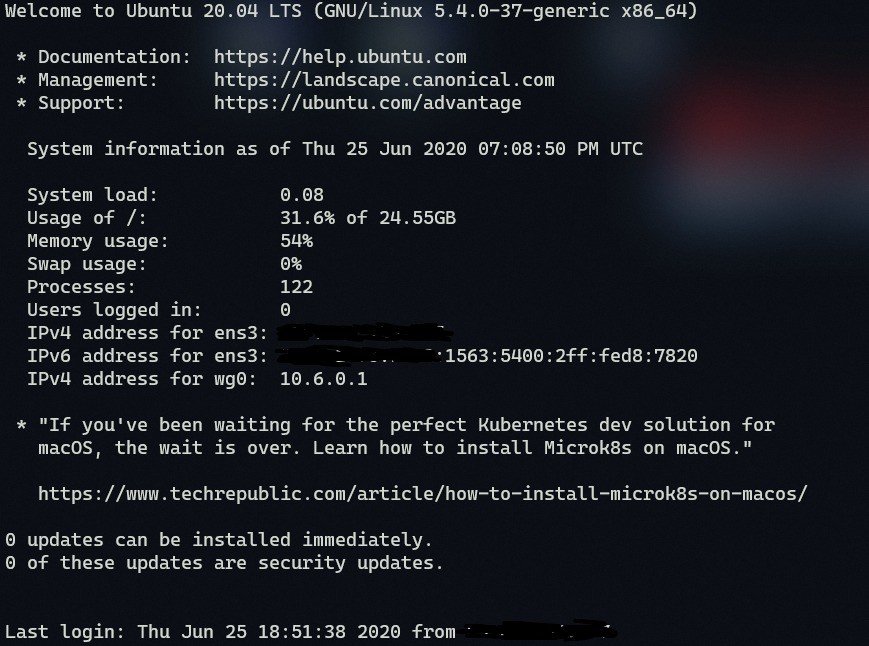Ubuntu is often considered one of the best Linux distributions for Windows users who intend to change operating system because it is very “easy ”Distribution.
As it turns out, users switching from Windows to Ubuntu are faced with something they're already familiar with: ads in the operating system system.
A thread in reddit who has already received more than a thousand likes blames her Canonical for placing ads on motd. A snapshot screen confirms that Ubuntu is indeed trying to send users to a link, which appears next to the following message:
"If you were waiting for the perfect solution Kubernetes dev for macOS, your wait is over. Learn how to install Microk8s on macOS.”

Of course, this behavior is not something completely new.
Canonical has been doing this for quite some time now she The post on Ubuntu debugging platform shows that the first time users discovered motd ads was in June 2017 on Ubuntu 17.04.
On the other hand, you can remove the ads yourself, as reddit user mralanorth explains in a post.
All you need is to disable the motd-news.service and motd-news.timer modules systemd. You should then delete these files, depending on the version of Ubuntu you have on your computer:
/etc/update-motd.d/99-esm # Ubuntu 14.04 /etc/update-motd.d/10-help-text # Ubuntu 14.04+ /etc/update-motd.d/50-motd-news # Ubuntu 16.04 + /etc/update-motd.d/80-esm # Ubuntu 16.04+ /etc/update-motd.d/80-livepatch # Ubuntu 18.04+
Canonical has never mentioned anything about the specific ads included in the motd (message of the day) of the Ubuntu distribution.





